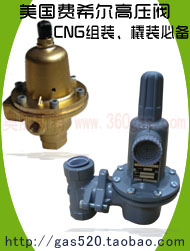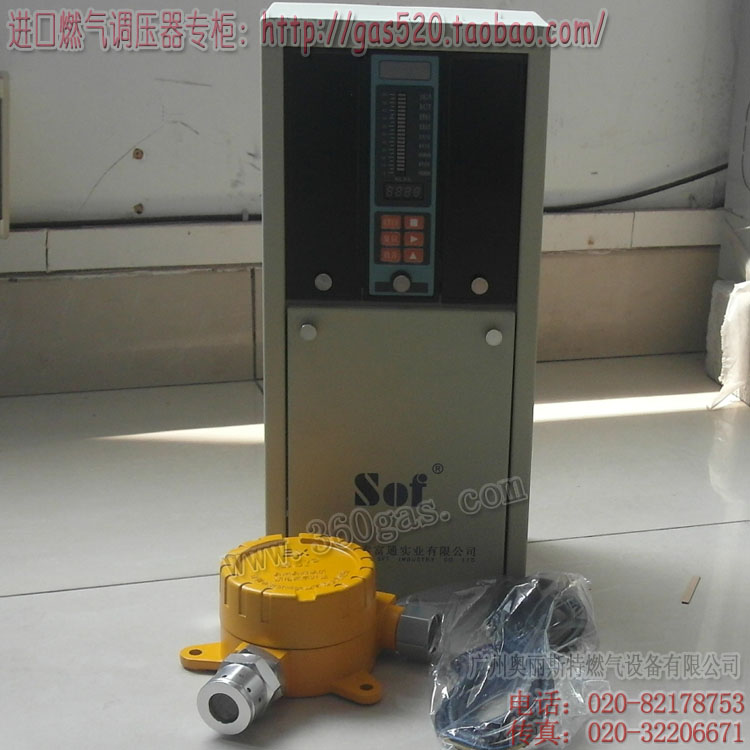位置:首页 > 燃气资讯 > JnNURM Approved Te
JnNURM Approved Tender to Add 271 CNG Buses to Bangalore Metro
浏览次数 721 , 日期 2014-10-23 , 燃气设备 加入收藏
After approval by the Government of India’s Jawaharlal Nehru National Urban Renewal Mission (JnNURM), Tender BMTC/ME(P)/20/2014 was issued on 25 September by the Government of Karnataka in India’s southwest, for the procurement of 271 Compressed Natural Gas (CNG)-fuelled low-floor (400 mm) non-air-conditioned buses. The buses will join Bangalore Metro Transport Corporation (BMTC)’s fleet.安全紧急切断阀,防爆电磁阀
The buses will be funded 50% by BMTC, 15% by the State Government with the rest being provided by the Centre. The approximate tender value is Crore 176.15 (USD 2.86 million). The last date and time for receipt of tenders is 25-11-2014 17:00:00.
The buses must comply to India Emissions Standard BS-IV Buses as per UBS-II (Urban Bus Specifications – II, April 2013) under the extended JnNURM Scheme. According to the terms of the tender:
The Bidder shall be engaged in manufacture and supply of Diesel/CNG Fuelled Internal combustion (IC) Engine propelled Bus chassis and/ or Fully-built CNG/ Diesel fuelled IC Engine Propelled Buses for at least preceding three years ending on 31/03/2014.
The Bidder shall be required to have adequate Bus chassis manufacturing facilities and have in-house or through collaboration/sub-contracting, Bus body building facilities located in India.
India’s National Urban Transport Policy 2006 regulates the lowest step entry to a bus shall be 400 mm, matching the uniform bus stop floor height of 400 mm, for ease of entry by physically challenged people.
JnNURM is a massive city-modernisation scheme launched by the Government of India under the Ministry of Urban Development. The aim is to encourage reforms and fast track planned development of identified cities. Focus is to be on efficiency in urban infrastructure and service delivery mechanisms, community participation, and accountability of Urban Local bodies (ULBs)/Parastatal agencies towards citizens.
In an unconfirmed article published by The Hindu, Transport Minister Ramalinga Reddy said BMTC plans to replace diesel-fueled buses with CNG buses over a five-year period to help reduce air and noise pollution in Bangalore. the plan also includes creating five filling stations for the fleet, which currently numbers 6,000 vehicles.
The buses will be funded 50% by BMTC, 15% by the State Government with the rest being provided by the Centre. The approximate tender value is Crore 176.15 (USD 2.86 million). The last date and time for receipt of tenders is 25-11-2014 17:00:00.
The buses must comply to India Emissions Standard BS-IV Buses as per UBS-II (Urban Bus Specifications – II, April 2013) under the extended JnNURM Scheme. According to the terms of the tender:
The Bidder shall be engaged in manufacture and supply of Diesel/CNG Fuelled Internal combustion (IC) Engine propelled Bus chassis and/ or Fully-built CNG/ Diesel fuelled IC Engine Propelled Buses for at least preceding three years ending on 31/03/2014.
The Bidder shall be required to have adequate Bus chassis manufacturing facilities and have in-house or through collaboration/sub-contracting, Bus body building facilities located in India.
India’s National Urban Transport Policy 2006 regulates the lowest step entry to a bus shall be 400 mm, matching the uniform bus stop floor height of 400 mm, for ease of entry by physically challenged people.
JnNURM is a massive city-modernisation scheme launched by the Government of India under the Ministry of Urban Development. The aim is to encourage reforms and fast track planned development of identified cities. Focus is to be on efficiency in urban infrastructure and service delivery mechanisms, community participation, and accountability of Urban Local bodies (ULBs)/Parastatal agencies towards citizens.
In an unconfirmed article published by The Hindu, Transport Minister Ramalinga Reddy said BMTC plans to replace diesel-fueled buses with CNG buses over a five-year period to help reduce air and noise pollution in Bangalore. the plan also includes creating five filling stations for the fleet, which currently numbers 6,000 vehicles.








